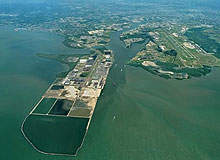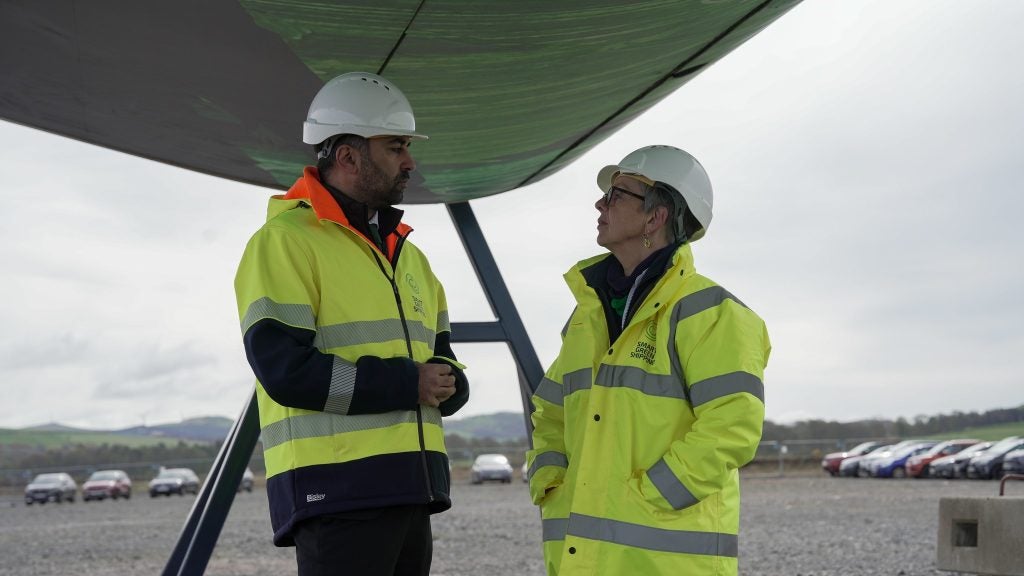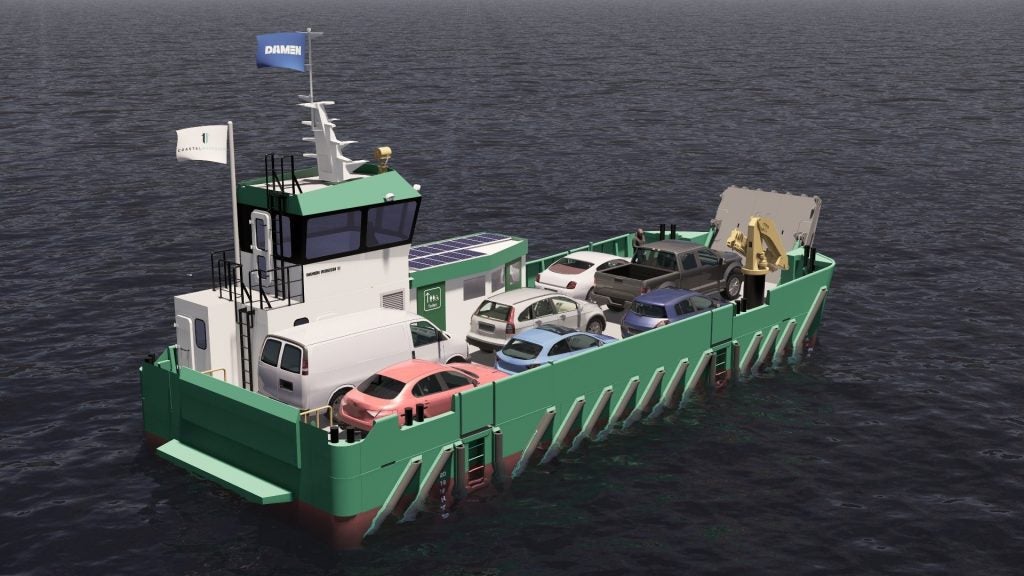

UK-based classification society Lloyd's Register (LR) has joined the Quadriga sustainable shipping project, which seeks to build the world's largest sailing cargo ship.
The project was devised by German company Sailing Cargo and aims to build a 170m car carrier that will be able to accommodate around 1,700 to 2,000 cars.
LR has agreed provide consultancy support during the design and specification stage, as well as onsite construction supervision for the development as part of the arrangement.
The company will also help to ensure compliance in terms of technical, safety and environmental standards upon realisation of the project.
Additionally, LR is expected to confirm the ship's eventual achievement of various predicted performance parameters.
See Also:
Quadriga project founder Uwe Köhler said: “We must do the right thing for the future of our industry; the Quadriga project combines traditionally proven systems with cutting-edge technology and aims to provide a solution to achieving the CO2 emissions reduction target.”
How well do you really know your competitors?
Access the most comprehensive Company Profiles on the market, powered by GlobalData. Save hours of research. Gain competitive edge.

Thank you!
Your download email will arrive shortly
Not ready to buy yet? Download a free sample
We are confident about the unique quality of our Company Profiles. However, we want you to make the most beneficial decision for your business, so we offer a free sample that you can download by submitting the below form
By GlobalDataThe completed cargo ship will be equipped with four DynaRig masts.
It will also be able to operate on hybrid propulsion with sails and diesel-electric engines, and will feature an optional battery system for peak loads.
The vessel will initially be capable of sailing at a speed of roughly 10k-12k, and plans have been outlined to reach the cursing speed of 14k-16k in the next few years through combined expertise.
In addition, the carrier will feature wind-assisted propulsion, which is one of the few renewable energy options currently available for operators.
LR noted that the shipping industry will be required to undergo numerous changes in the near future, as the International Maritime Organisation's (IMO) target for carbon dioxide (CO2) emissions demands a 50% reduction in global ship-sourced CO2 emissions by 2020.
Image: Rendering of Sailing Cargo’s new carrier. Photo: courtesy of Lloyd's Register Group Services Limited.






